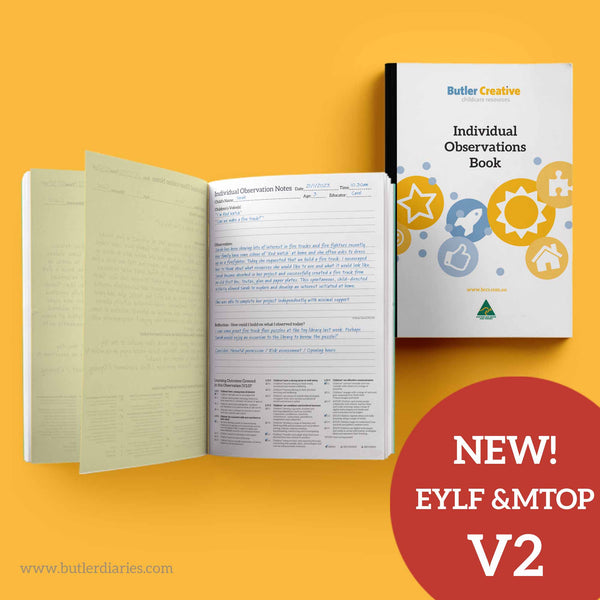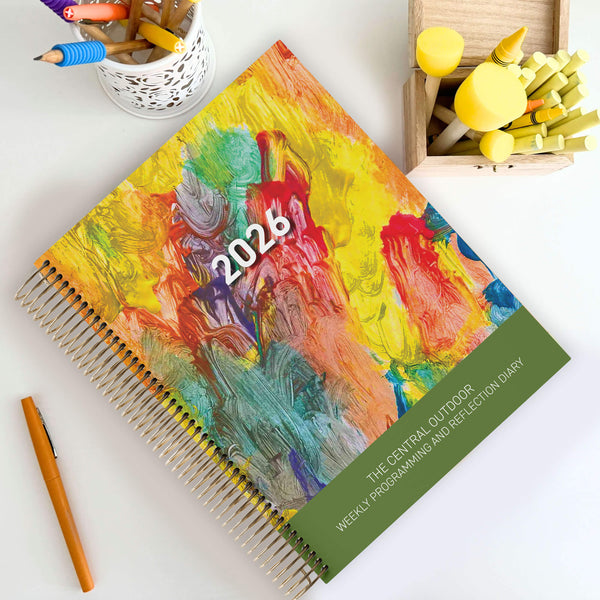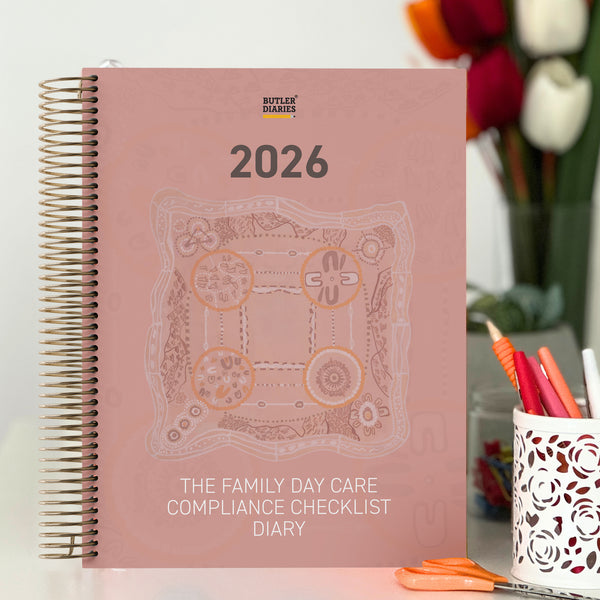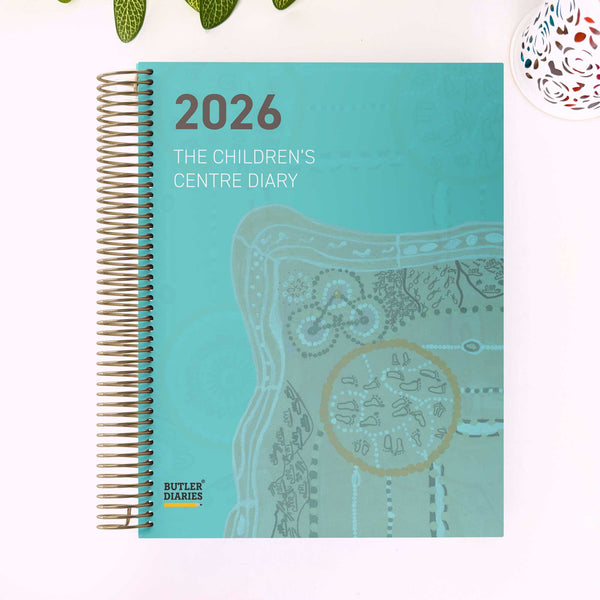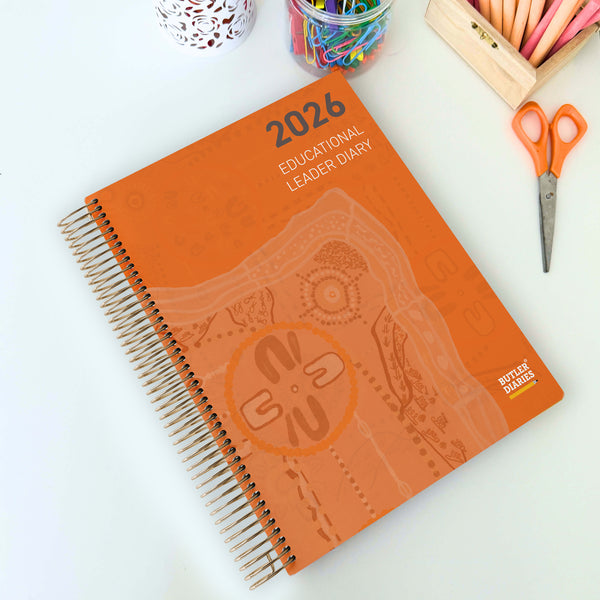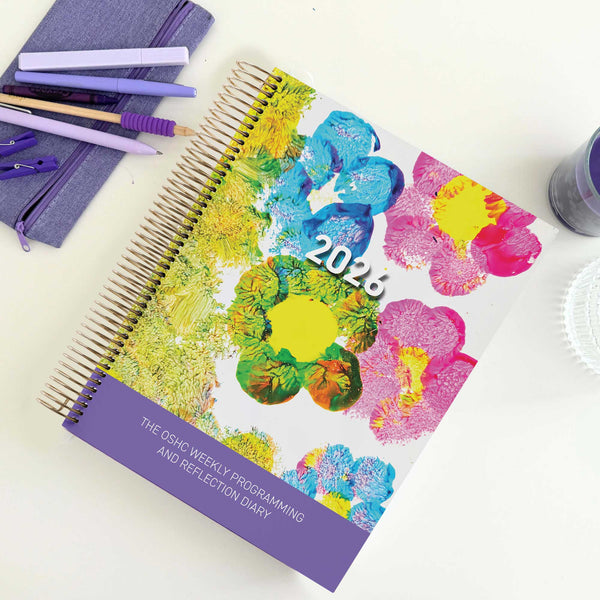From 2023, there are changes coming to Assessment and Ratings that impact you and your service. The goal of the change is continuous quality improve across children's education and care. The announcement was made by the Australian Children's Education and Care Authority (ACECQA).
What's Changing for Assessment and Rating in 2023?
The changes you can expect in the Assessment and Rating process includes:
- Most Assessment and Rating visits will be given a shorter notice period of 1-5 days,
- Partial Assessments and Ratings will be more greatly used and will also be subject to 1-5 day notice periods, and
- The focus will move away from point in time preparation and into a focus on the service's self-assessment and QIP.
What is the Goal for the Changes to Assessment and Rating?
The new shift to shorter notice periods is designed to ensure services are always providing the best practice, education and care by being 'always ready' for Assessment and Rating.
The shorter notice provides a more accurate overview of typical practice and is designed to eliminate unnecessary pressure of 'preparing' for Assessment and Rating.
In addition, these changes provide families with relevant and up-to-date information on service quality to support their decision making.
The ultimate goal is a positive influence on the educational outcomes for children.
What do the Changes Mean for you?
The changes to Assessment and Rating for 2023 means your service and team will need to be prepared by:
- Maintaining a consistently up-to-date Quality Improvement Plan that demonstrates thorough self-assessment. This is vital to being prepared for the changes. Assessors will be looking to see if the QIP has been used as designed: a dynamic, evolving assessment of continuous improvement and self-reflection.
- Ensuring the update-to-date QIP is uploaded to the National Quality Agenda IT or jurisdictional submission portals.
- Participating in consistent quality improvement with the team as a whole to ensure you are always Assessment 'ready'.
- Ensuring staff are aware of their roles and responsibilities under the National Quality Standard.
- Ensuring staff are staying consistent with their paperwork and are demonstrating a cycle of planning and continuous improvement.
Where can you get Support on Preparing for the Changes?
Services are assessed under the National Quality Standard by their Regulatory Authority. You can find updated advice and guidance in the Guide to the NQF, updated March 2023.
Our Early Childhood Collection is designed to simplify documentation and support you and your team in 'succeeding' at 'exceeding' the Quality Standards. You can show consistent practice with our range of resources and tools.
Regulatory authorities are expected to communicate further regarding these changes.
What Other Changes Have we Seen in 2023?
New Frameworks for the Early Years Learning Framework and My Time, Our Place Framework have been announced and are set to replace existing Frameworks in early 2024. Learn more about the changes in our article Unpacking the New EYLF and MTOP Framework: V2.0 or start your transition to the new Frameworks this year with our Programming and Reflection Printer Pack.
We also saw the introduction of new requirements for services offering Transportation for children. Learn more about how these changes impact you.
Resources
https://www.acecqa.gov.au/sites/default/files/2022-11/InfoSheet_Making%20quality%20assessment%20and%20rating%20more%20effective%203.pdf
https://www.acecqa.gov.au/sites/default/files/2023-03/Guide-to-the-NQF-March-2023.pdf











